Toothbrushes come in various types, and each is designed to cater to specific age groups, oral conditions, and personal preferences. Here is a detailed description of various types of toothbrushes:
1. Infant Toothbrushes
Infant toothbrushes are specifically designed for babies and toddlers to gently clean their teeth and gums. These are often small and have soft bristles so that they don’t hurt or irritate the delicate gums. Infant toothbrushes may also have a smaller head and a longer handle to help parents comfortably position them.
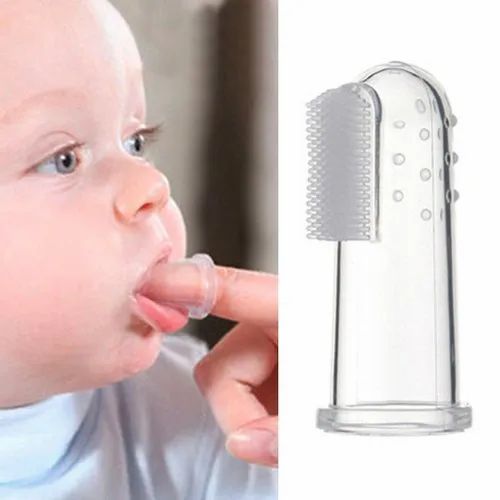
2. Toddler Toothbrushes
Toddler toothbrushes are the next step up from infant toothbrushes, designed for children between the ages of 2-4. They are typically larger in size and have larger and firmer bristles to suit the emerging teeth.
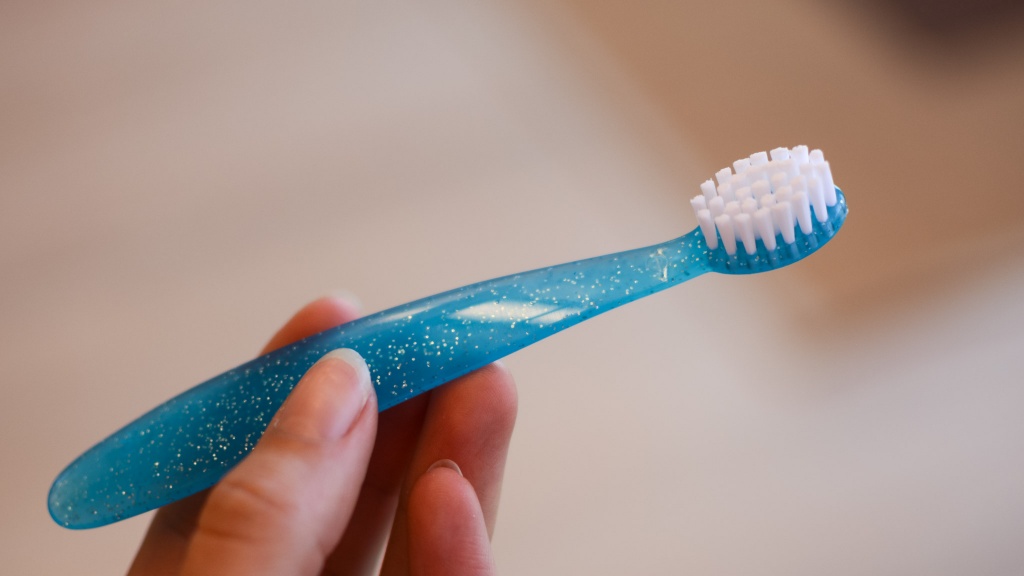
3. Children’s Toothbrushes
Children’s toothbrushes cater to children aged between 5-10 years. These toothbrushes have soft bristles and a smaller head to cater to children’s small mouths. They may also feature popular characters or bright colours to make children more interested in brushing their teeth regularly.
4. Orthodontic Toothbrushes
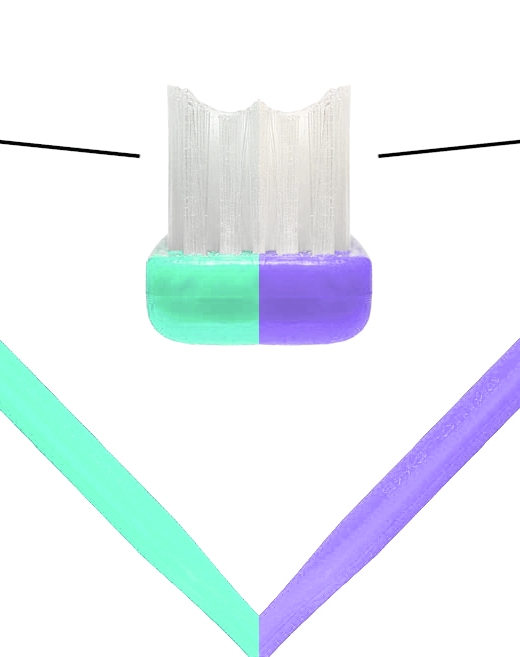
Orthodontic toothbrushes are designed to cater to people with braces or other dental appliances. These toothbrushes often have smaller brush heads and bristles arranged in different angles to reach tight spots while still being gentle on the gums and appliances. Orthodontic toothbrushes may also have a V shape to clean around wires and brackets effectively.
5. Adult Toothbrushes
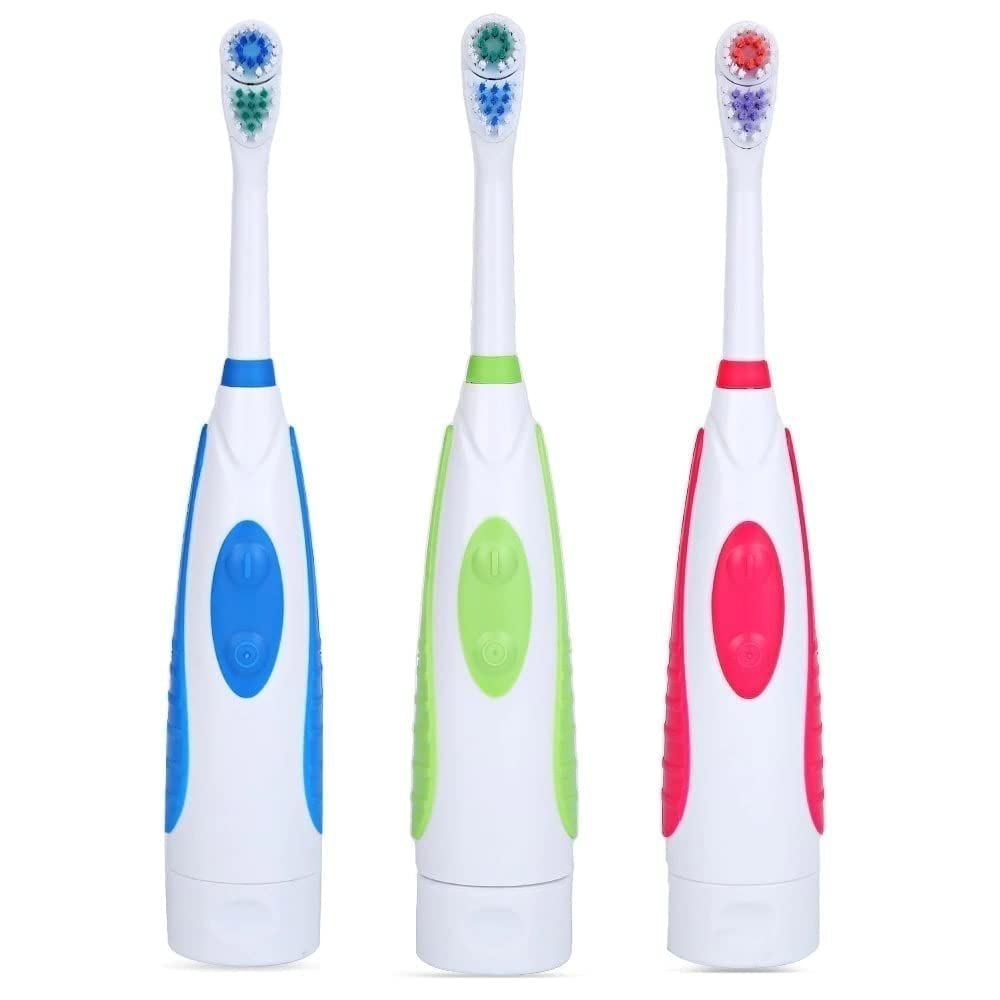
Adult toothbrushes come in various types and are specifically designed to cater to different oral care needs. For example, electric toothbrushes are more popular among adults, and they can be rechargeable, battery operated or manual. These toothbrushes are designed with different bristle patterns and shapes, and they may also feature timers, pressure sensors, and various brushing modes.
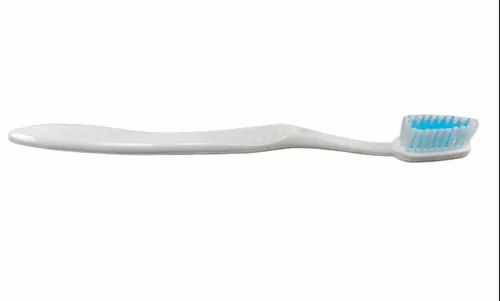
6. Old Age Toothbrushes
Old age toothbrushes cater to senior citizens who may have different oral concerns such as sensitivity, arthritis, and difficulty maneuvering around the mouth. These toothbrushes tend to have extra soft bristles, larger handle or rubber grip for better control and specially angled bristles to reach all areas of the mouth with ease.
7. Gum Health Toothbrushes
Gum health toothbrushes are designed to cater to people with sensitive or fragile gum tissue, gum disease or other gum-related conditions. These toothbrushes have super soft to ultra-soft bristles to offer gentle yet effective cleaning. They may also have a smaller head or specially angled bristles to reach the gum line more easily.
Conclusion
There are various types of toothbrushes designed to cater to different age groups, oral conditions, and personal preferences. It’s important to pick the right toothbrush for optimal oral health, so consult your dentist or dental hygienist to choose the best option for your dental needs. Regular brushing with an appropriate toothbrush, along with other oral care practices, can help maintain excellent oral health for years to come.



One thought on “What Are The Different Types Of Tooth Brushes?”